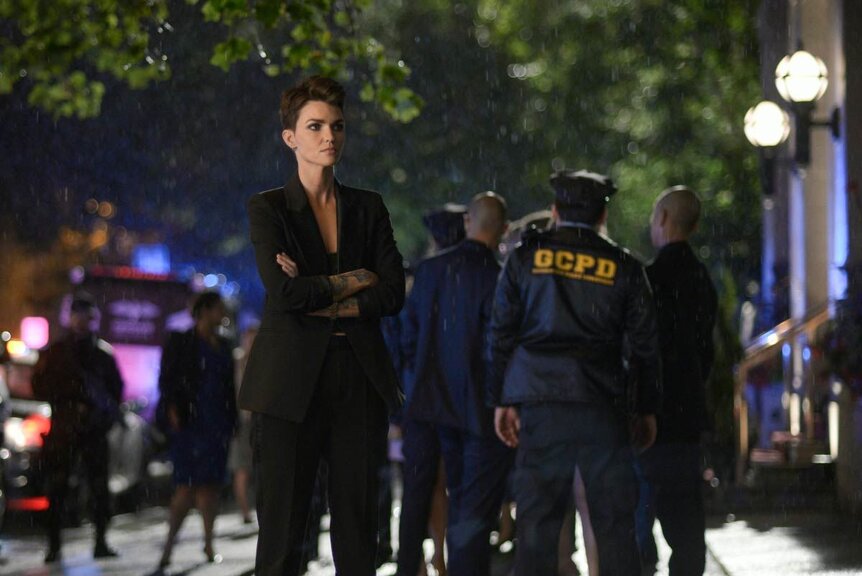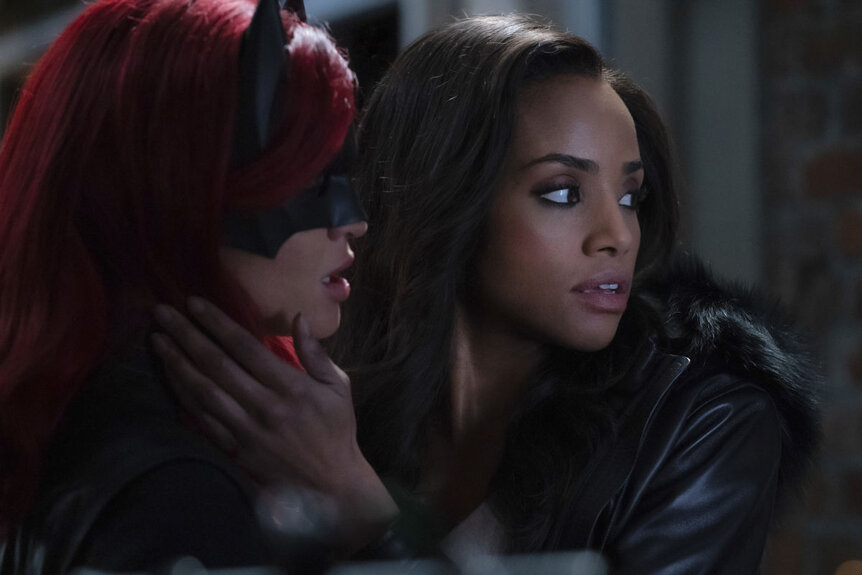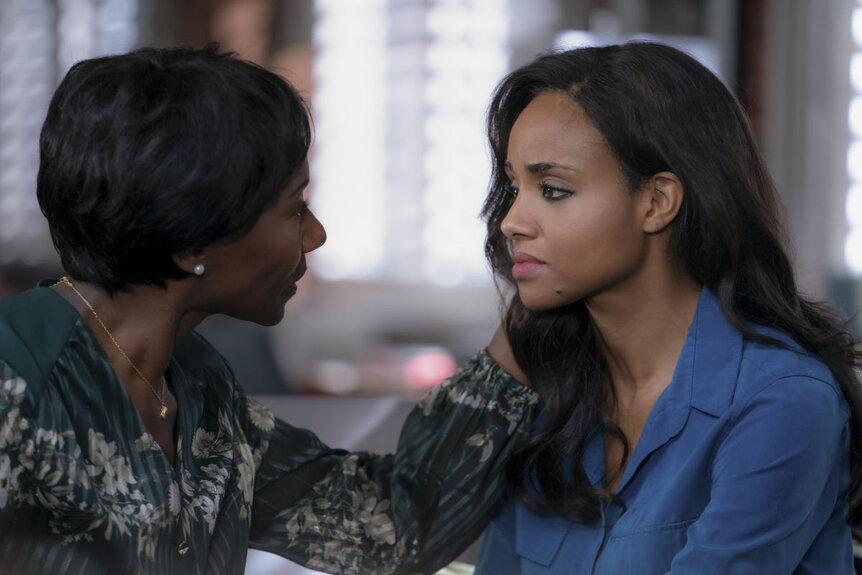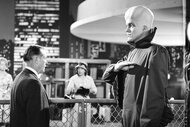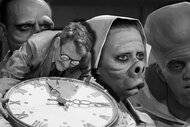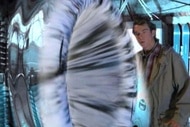Create a free profile to get unlimited access to exclusive videos, sweepstakes, and more!
Batwoman forces viewers to confront privilege in the queer community
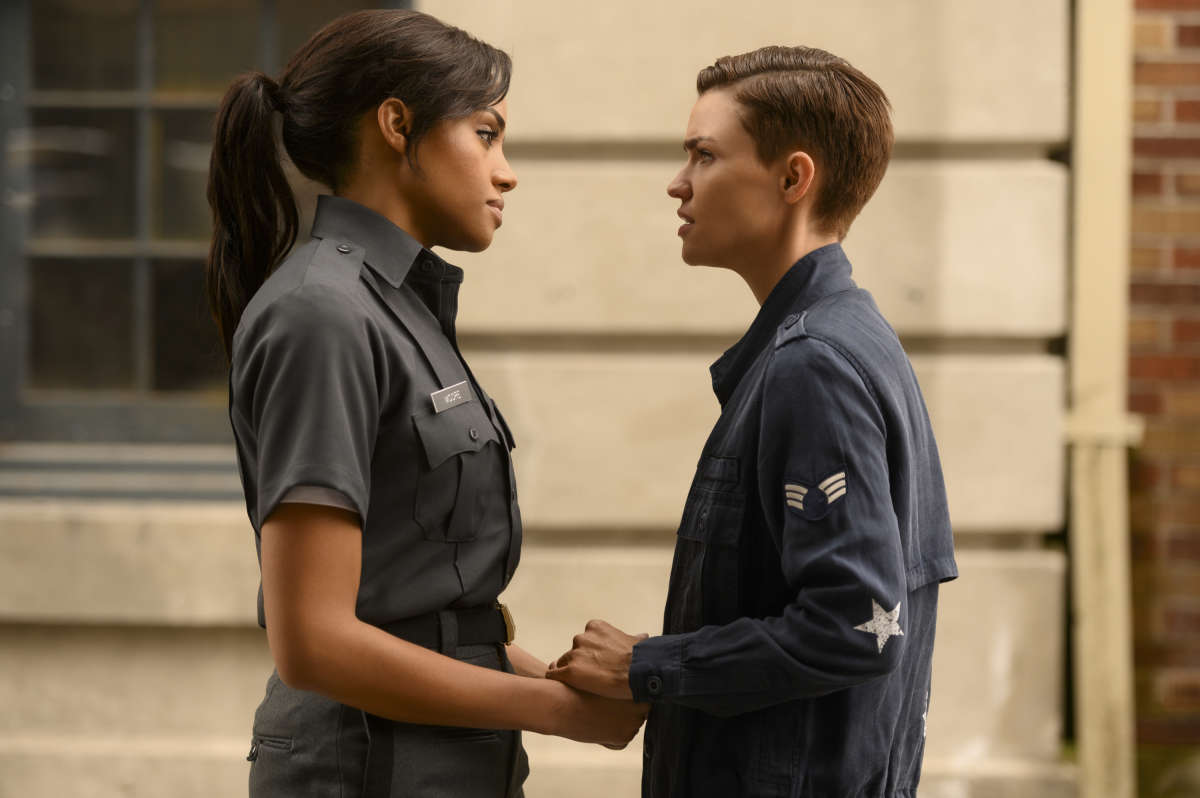
The CW's Batwoman fills an important role in the larger Arrowverse, and in the world of TV superheroes in general. As the first series to feature a lesbian hero in the titular role, Batwoman was always going to break barriers, but the series has used the opportunity to explore queerness itself — and the myriad ways that queerness is encountered, expressed, and inhabited — as a central theme, something that might not be possible on a show with a straight lead.
Kate Kane, though an inspiring role model just for existing, does not represent the vast majority of queer experience. Instead, she represents perhaps the best possible queer experience, at least in a world where queerness is not yet universally accepted. Kate is white, cisgender, and comes from a family that is both wealthy and supportive. There is nothing in her backstory so far to suggest that she ever felt the need to hide who she was up until the moment she became Batwoman.
Kate is the definition of out and proud. When her military academy tells her to choose between her identity and her career, she tells them to take their regulations and shove them. When a homophobic restaurateur asks her to leave, she opens up a real estate business across the street named Gotham Pride and turns her first acquisition into a lesbian nightclub. When Gotham City starts shipping Batwoman with a man, it is so in opposition to her personal identity that she risks potentially giving away who she is to allow Batwoman to come out on the cover of a major magazine.
Kate is fearless, but that fearlessness comes from privilege. For someone like Kate, there is very little risk to her personal safety when she defies authority in the name of her pride and principles. When she is kicked out of Point Rock, Kate has just spent six years training on her own, on her family's dime, with a plan to join her father's security company. No matter the possible consequences of her actions, Kate always has a safe place to retreat, a backup plan in which she was supported and protected. Sure, there are consequences, and sure, she makes sacrifices, but none are so bad she could not easily recover.
Batwoman could have been content to leave its exploration of queer existence at that, allowing Kate to be the only LGBTQ+ character on the show to deal with and overcome adversity. A lesbian hero who steadfastly faces down homophobia would have been inspiring to watch all on her own. We need people who live their truth loudly to inspire us to stand up for ourselves and discover our own. But we also need heroes who look like us and who face down demons like ours even though they are afraid, even though it could cost them everything, and especially if it does. We also need heroes who take a while to get there.
For that, we have Sophie.
Sophie Moore did not need to exist — not the way that she does, anyway. A CW series is always going to need plenty of love interests for their main characters, so a version of Sophie was always going to appear. A lesser show, though, may have left it at that, allowing Sophie to fill only the roles she needed to propel the plot forward. But Batwoman used the character and her history with Kate to craft a near-perfect juxtaposition of circumstance. Kate grew up with money, Sophie did not; Kate's family supported her no matter what, Sophie's were so homophobic she dated a woman for two years without telling them; Point Rock was important to Kate but not her only option in life, Sophie saw the military as the only way to escape; Kate is white, Sophie is Black. Where Kate possesses every tool required to overcome the expectations thrust upon us by society, Sophie possesses only what she can hold on to, and for years she holds on by conforming.
While Kate represents what most of us wish we could be, Sophie is far closer to the reality for a lot of queer people. Until the landmark Supreme Court decision on June 15, 42% of LGBTQ individuals lived in a state where they could lose their job due to their sexuality or gender identity. Those protections now exist nationwide, but many likely still hold jobs in workplaces where coming out remains unsafe, and that rule does not extend to the same 42% who could face housing discrimination for those identities. It is probably safe to say that, unlike Kate, the majority of them are not billionaires. According to The Trevor Project, 40% of the youth homeless population is comprised of LGBTQ+ kids who were either kicked out of their homes or ran away from an unsafe environment. When poverty and homelessness are the consequences of living your truth, you might be willing to lie a little longer.
Sophie allows us to see the arch of that perspective. She lies for years, to herself and to the people she loves and respects — not out of cowardice but out of a genuine fear for her own safety. It is only once she has built a life for herself in which she has, essentially, become her own safety net that she feels safe enough to come out, first to herself, then to her husband, then to her mother. The risks are not gone, certainly, and she suffers precisely the consequences she feared — her mother rejects her outright — but she can weather those losses because she no longer fears losing everything.
Sophie, of course, also bears the weight of her race and the struggles present for queer people who are also Black. While the show has not yet spent much time allowing Sophie to discuss and critique that particular perspective, as fellow Batwoman actor Camrus Johnson pointed out on Twitter earlier this year, family rejection is something all too familiar for Black queer people.
So far, Batwoman has not delved deeply into the backstories of other queer characters on the show, but over the course of its first season, it managed to introduce at least three other queer women with their own personalities and difficulties. This wouldn't be possible, or at least likely, on a series that didn't center its narrative around a queer character. It certainly wouldn't be possible on a series that didn't take that identity seriously and allow it to inform the stories it tells each week.
Thanks to some major shake-ups during its summer hiatus, we don't know what could be on the way for the series' second season in January. We do know that Kate Kane will no longer be a part of the series, but Batwoman will still suit up in a new form. The decision has not been met with overwhelming support from fans of the series, and while the potential replacement character is still largely rumor, showrunner Caroline Dries confirmed on Twitter that rumors the series would kill Kate off to facilitate the casting change were wholly untrue. Dries made a point to say that she had no interest in continuing the Bury Your Gays trope, which, given the series' commitment to and care for their queer characters, is largely unsurprising but nice to hear.
We'll have to wait and see what this new character brings to the show, but it does present the potential for perhaps further and deeper exploration of queerness from a perspective other than Kate's, or even Sophie's. If Season 1 is any indication, we can at least expect a show that is gay as hell and not afraid to grapple with the ups and downs and varieties of that lived experience.
